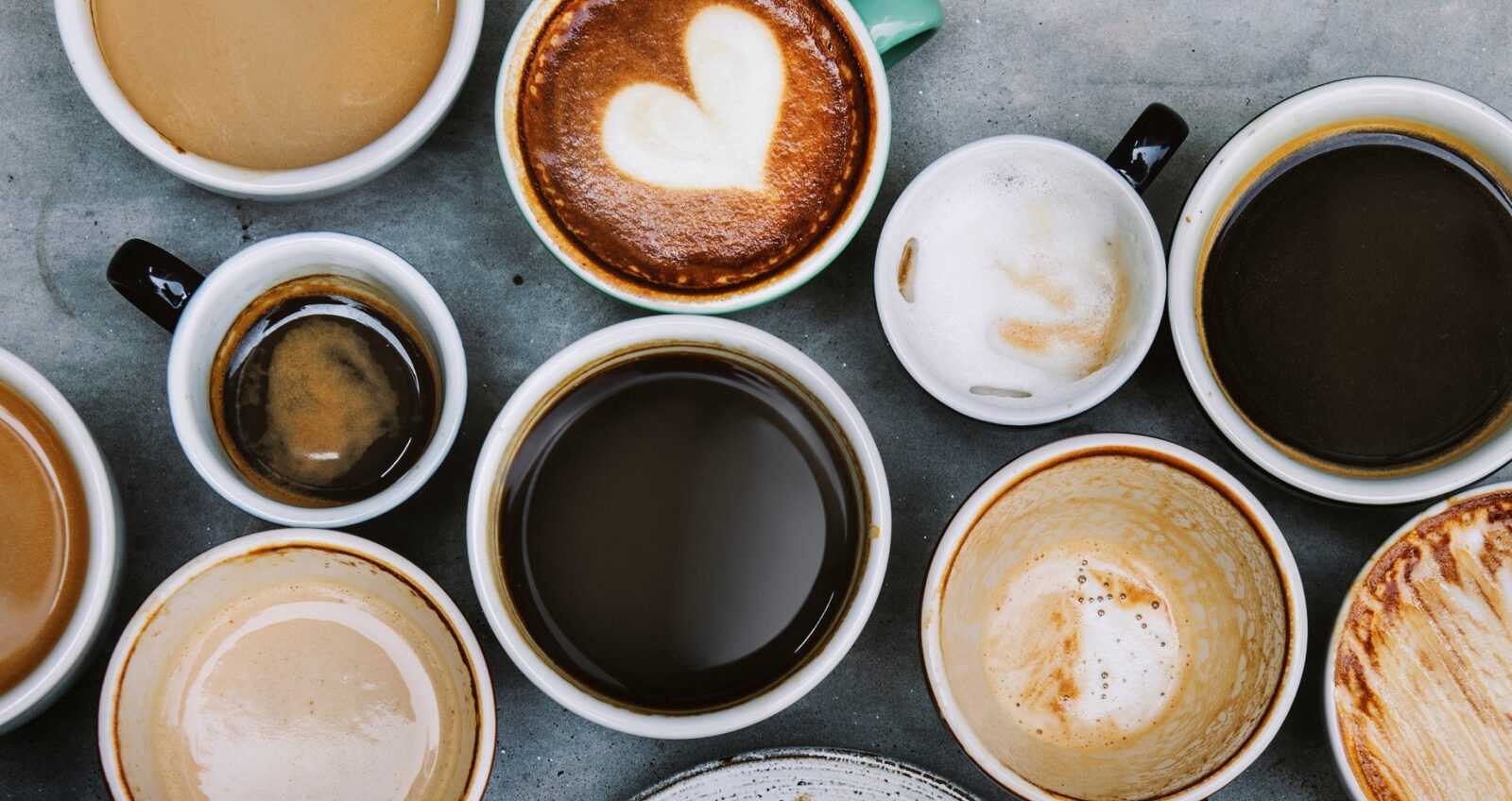MARYLAND HEIGHTS, Mo., US – In the same way that people kick start their day, the coffee and tea industry is looking to kick start the return of “away from home” (AFH) coffee sales in the post-pandemic world. “The COVID-19 pandemic dramatically changed work commutes and purchasing habits, and the coffee industry is no exception,” said Caleb Bryant, Associate Director of Food and Drink Reports at Mintel, a global market research agency. “The percentage of consumers who purchase coffee drinks away from home daily dropped from 51% to 36%.”
This sales challenge is even more difficult for smaller coffee shops who rely on walk-in traffic versus drive thru. While the pandemic does not affect day-to-day life as it once did, the landscape has changed for good.
The “new normal” of work and coffee
According to Mintel, 40% of workers anticipate working from home exclusively or mostly in the remainder of 2021. Even beyond that, many workplaces are adopting long-term hybrid models that give their employees more flexibility.
In addition, survey respondents who say they will buy AFH coffee less frequently cite reasons such as making their own beverages, saving money and commuting less often. 13% of respondents have even gone as far as buying a new coffee appliance for their homes to upgrade their coffee making abilities.
Hope in a new generation
Despite this challenging shift, the coffee industry can look to Gen Z and Millennials for hope in a post-pandemic rebound.
“65% of Gen Z’s cite flavor as the most important factor when purchasing coffee, so it’s important to consider the different flavor profiles that might work best in each coffee application,” said Nick Viriyasiri, a flavor scientist at Beck Flavors, an innovative flavor developer with a focus on the coffee and tea markets.
Bryant also referenced the trend that Gen Z and Millennials are looking to coffee shops for drinks that they can’t replicate at home, leaning towards sweeter, more decadent flavors. As a specific strategy, limited time offers (LTO’s) can pique the interest of younger consumers to make a dedicated trip to try something new. Bryant cites the Funnel Cake Frappuccino from Starbucks as a good example.
Viriyasiri also points out, “Cold brew coffee continues to appeal more to younger drinkers. As the fastest-growing coffee beverage, it’s showing 4.6% growth year over year.” Mintel’s research illustrates this clearly, finding that 62% of millennials say that paying more for cold brew is worth it compared to iced coffee.
The COVID-19 pandemic was a gut punch to the coffee industry, but it has resulted in a resilience and a drive to evolve in the post-pandemic world. With creative flavors, a focus on cold beverages, and support from companies like Mintel and Beck Flavors, there is plenty of hope ahead.

















